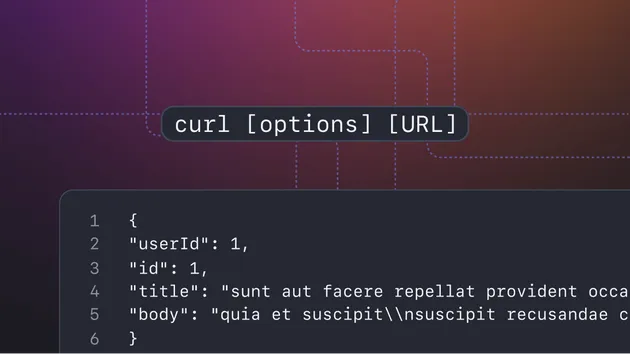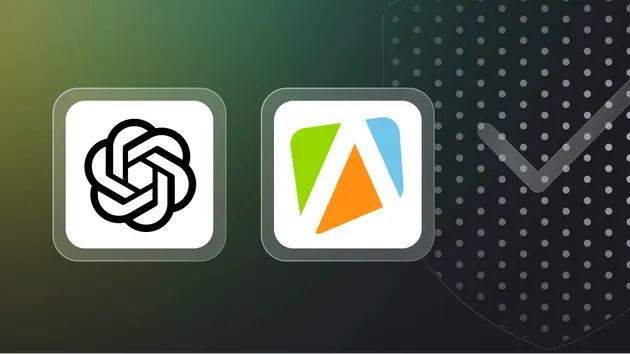aaaaa
Under maintenance
Pricing
Pay per usage
Go to Store
aaaaa
Under maintenance
Nam aliquet diam ut dictum platea magna cum tortor placerat, amet dolor netus ante dignissim egestas faucibus himenaeos metus, nunc quisque pharetra donec felis fermentum viverra nullam. Integer interdum nascetur semper dui tempor ac viverra bibendum blandit, aenean mus felis sem venenatis vel aliqu
0.0 (0)
Pricing
Pay per usage
1
Total users
2
Monthly users
1
Runs succeeded
98%
Last modified
3 years ago
Dockerfile
# This is a template for a Dockerfile used to run acts in Actor system.# The base image name below is set during the act build, based on user settings.# IMPORTANT: The base image must set a correct working directory, such as /usr/src/app or /home/userFROM apify/actor-node-basic:v0.21.10
# Second, copy just package.json and package-lock.json since it should be# the only file that affects "npm install" in the next step, to speed up the buildCOPY package*.json ./
# Install NPM packages, skip optional and development dependencies to# keep the image small. Avoid logging too much and print the dependency# tree for debuggingRUN npm --quiet set progress=false \ && npm install --only=prod --no-optional \ && echo "Installed NPM packages:" \ && (npm list --all || true) \ && echo "Node.js version:" \ && node --version \ && echo "NPM version:" \ && npm --version
# Copy source code to container# Do this in the last step, to have fast build if only the source code changedCOPY . ./
# NOTE: The CMD is already defined by the base image.# Uncomment this for local node inspector debugging:# CMD [ "node", "--inspect=0.0.0.0:9229", "main.js" ]package.json
{ "name": "apify-project", "version": "0.0.1", "description": "", "author": "It's not you it's me", "license": "ISC", "dependencies": { "apify": "0.21.10", "request-promise": "latest" }, "scripts": { "start": "node main.js" }}main.js
1const Apify = require('apify');2const request = require('request-promise');3
4Apify.main(async () => {5 // Get input of your actor6 const input = await Apify.getValue('INPUT');7 console.log('My input:');8 console.dir(input);9
10 // Do something useful here11 const html = await request('http://www.example.com');12
13 // And then save output14 const output = {15 html,16 crawledAt: new Date(),17 };18 console.log('My output:');19 console.dir(output);20 await Apify.setValue('OUTPUT', output);21});


